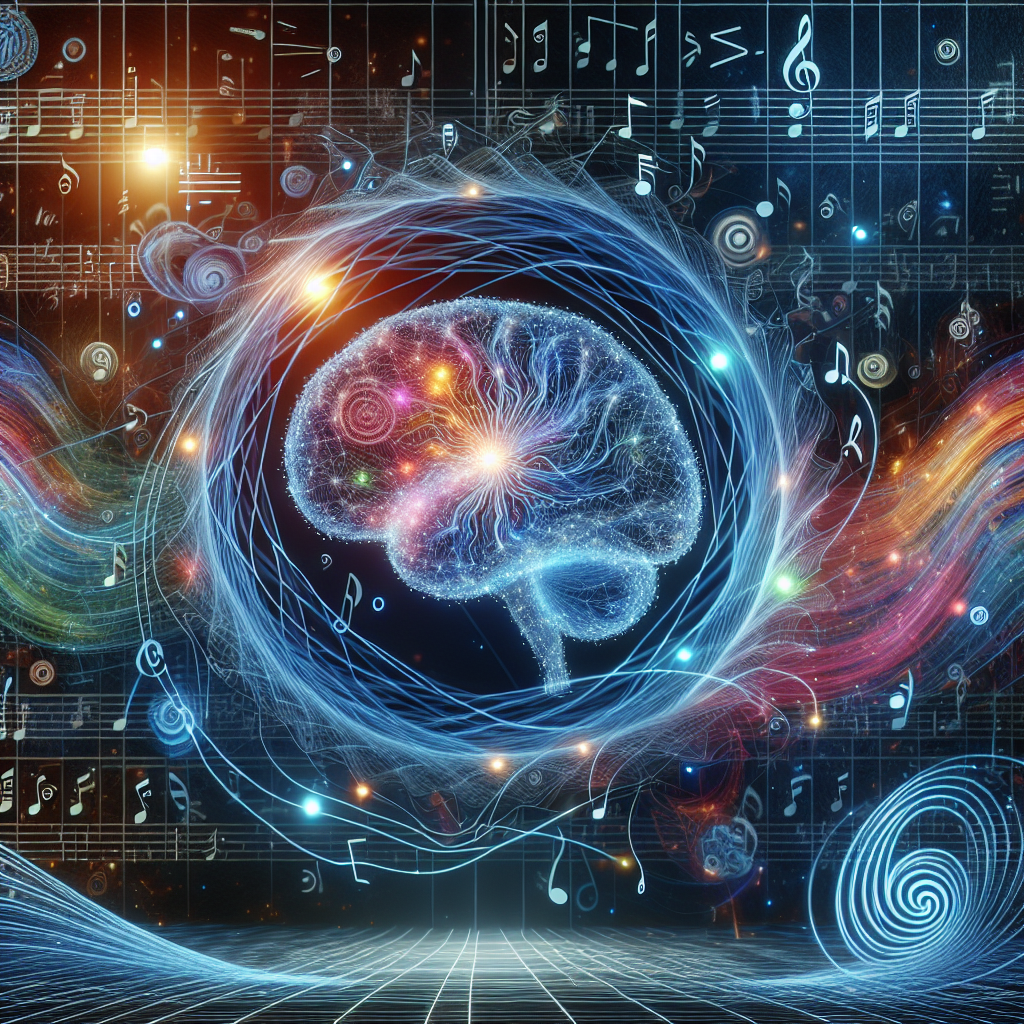In recent years, artificial intelligence (AI) has made significant advancements in various industries, including music composition. AI has the ability to analyze vast amounts of data and create music that is both innovative and engaging. In this article, we will explore the role of AI in music composition and how it is changing the landscape of the music industry.
AI in Music Composition
AI has the potential to revolutionize the way music is created. By analyzing patterns in music data, AI algorithms can generate new compositions that are both original and appealing to listeners. This process is known as generative music composition, and it has the potential to transform the way musicians create music.
One of the key advantages of using AI in music composition is its ability to analyze vast amounts of data quickly and efficiently. AI algorithms can process large datasets of music and identify patterns that human composers may not be able to detect. This can lead to the creation of music that is more complex and innovative than traditional compositions.
AI can also be used to assist musicians in the creative process. For example, AI algorithms can generate musical ideas based on input from a human composer. This can help musicians overcome creative blocks and inspire new ideas for compositions.
Another way AI is being used in music composition is through the creation of virtual composers. These virtual composers can generate music in a specific style or genre, allowing musicians to quickly create music that fits their vision. This can be especially useful for musicians who are looking to create music for film, TV, or video games.
AI can also be used to create music that is tailored to individual listeners. By analyzing data on a listener’s preferences and listening habits, AI algorithms can generate music that is personalized to their tastes. This can lead to a more engaging listening experience for listeners and help musicians reach new audiences.
Challenges of AI in Music Composition
While AI has the potential to revolutionize music composition, there are also challenges that need to be addressed. One of the main challenges is ensuring that the music created by AI algorithms is original and does not infringe on copyright laws. Additionally, there is a concern that AI-generated music may lack the emotional depth and creativity of music created by human composers.
Another challenge is the potential for bias in AI algorithms. If the data used to train AI algorithms is biased, it can lead to the creation of music that reflects those biases. This can have negative implications for diversity and representation in music.
Furthermore, there is a concern that AI algorithms may lead to the homogenization of music. If AI-generated music becomes popular, there is a risk that it could dominate the music industry, leading to a lack of diversity in musical styles and genres.
Despite these challenges, AI has the potential to bring significant benefits to the music industry. By harnessing the power of AI, musicians can create music that is more innovative, engaging, and personalized to listeners.
FAQs
Q: Can AI compose music on its own?
A: While AI can generate music based on patterns in data, it currently requires human input to guide the creative process. AI algorithms can assist musicians in creating music, but they are not yet able to compose music entirely on their own.
Q: Is AI-generated music considered plagiarism?
A: The legality of AI-generated music is still a gray area. While AI algorithms can create music based on existing patterns, it is important to ensure that the music is original and does not infringe on copyright laws. Musicians should exercise caution when using AI-generated music to ensure that they are not violating copyright laws.
Q: How does AI personalize music for listeners?
A: AI algorithms can analyze data on a listener’s preferences and listening habits to generate music that is tailored to their tastes. By understanding what types of music a listener enjoys, AI can create personalized music that is more engaging and enjoyable for the listener.
Q: Will AI replace human composers?
A: While AI has the potential to assist musicians in the creative process, it is unlikely to replace human composers entirely. Music composition is a deeply emotional and creative process that requires human input and interpretation. AI can help musicians generate new ideas and overcome creative blocks, but it cannot replicate the emotional depth and creativity of human composers.
In conclusion, AI is changing the landscape of music composition by providing musicians with new tools and techniques to create innovative and engaging music. While there are challenges to overcome, the potential benefits of AI in music composition are significant. As technology continues to advance, we can expect to see even more exciting developments in AI-generated music in the future.

